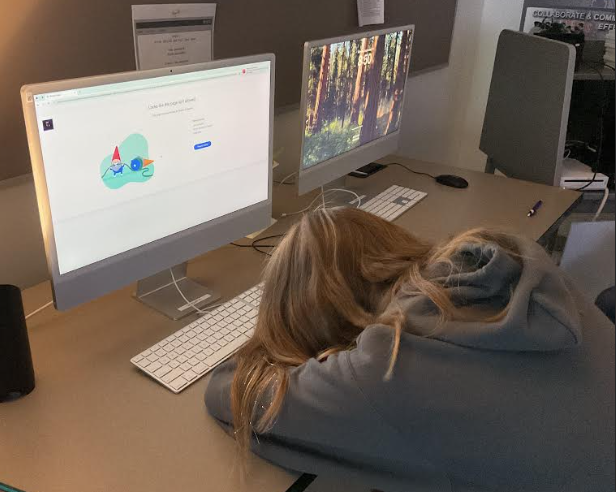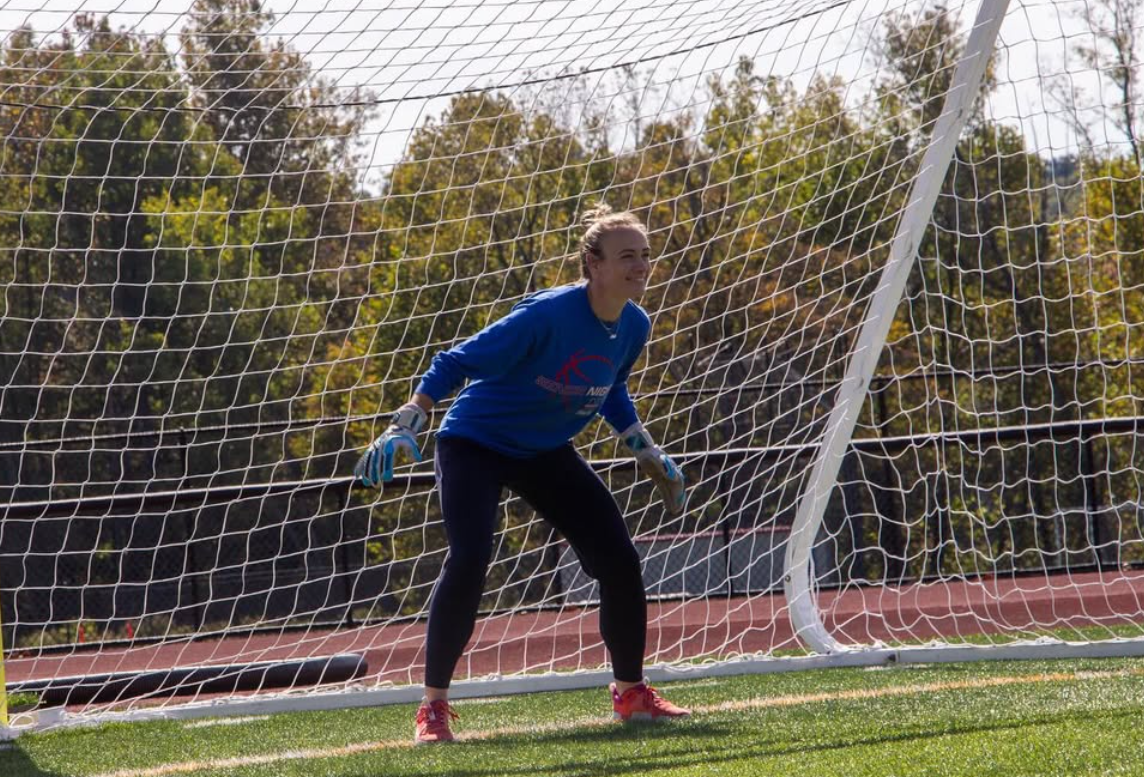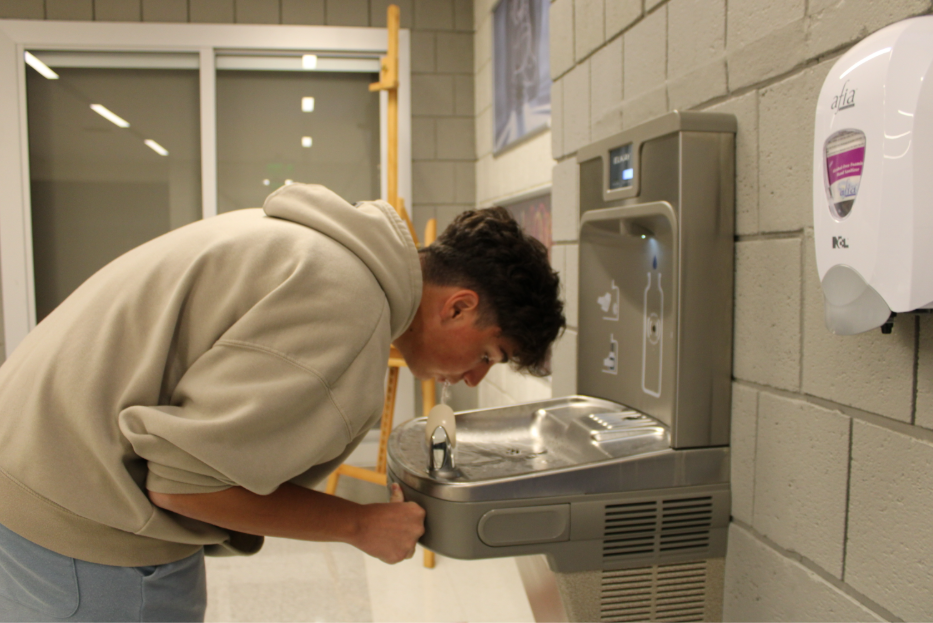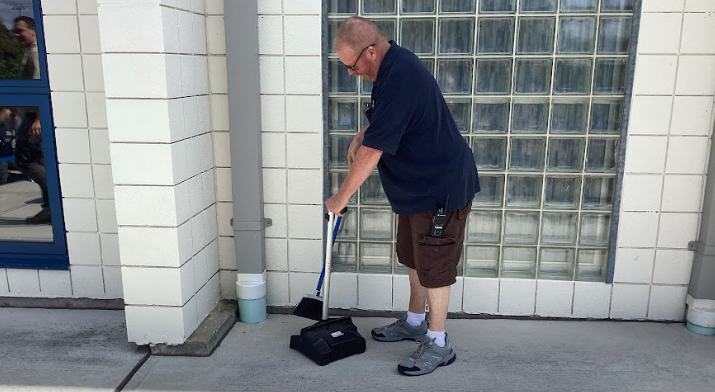Is Homework Beneficial or Not?
After a year and a half of lessened homework expectations, this school year saw the return of homework in many classes.
April 13, 2022
WOODBURY — Students gather in the classroom, filling the seats awaiting their teacher to collect the evening’s homework. While some students see homework as a beneficial practice, others see it as a chore.
Benefits and Tolerance
Katrina Fisher, senior at Nonnewaug, explained that homework has become a necessary part of her high school experience although it comes with a taxing impact.
“[Homework] is beneficial but very annoying to complete,” Fisher said.
Veronika Depaula, a sophomore, noted that there are two sides to homework’s effects.
“For certain classes, like math or chemistry, [homework is beneficial],” Depaula said. “[But] some homework just makes it harder for the students to learn.”
Depaula furthermore explained that homework can have a positive impact on learning, noting that homework assists students in “classes that they have trouble in.”
Homework helps students stay busy and remain on the topic they learned in class, making it easier when it comes to quizzes and tests.
Kathleen Yocis, a chemistry teacher at Nonnewaug explains that “if a student does not understand a current concept, then they will have difficulty understanding future concepts.”
Yocis’ views parallel Depaula’s comments that homework is needed for classes like chemistry.
“When I correct the homework, I know where that student is in understanding and can help explain where they are making mistakes,” Yocis said.
Karen Sandor, a Spanish teacher at Nonnewaug, expressed that homework has significant value in the student learning process.
“If one [student] tends not to do homework in my class, it will affect you in other assignments, too, such as quizzes and tests,” Sandor said. “Homework is more than just work to do at home. It is good practice for what we are learning.”
Sandor also stated an interesting rebuttal to the argument that questions homework’s efficacy.
“I have read that in some countries, there is no homework, and they are successful,” Sandor notes. “Students are expected to be part of their community and families when they leave school. However, if you were to look into their school day, their classes are very rigorous and their approach to school differs.”
Conversely, other students believe homework is not useful to their learning.
“I do not do homework,” said Cody Kostrna, a junior at NHS. “I have better things to do, like working to make money.”
Not all students have the time to do homework. Some participate in the many sport teams and after school activities offered at Nonnewaug. On top of activities, many students have jobs, such as Supervised Agricultural Experiences, that are mandatory.
“I can spend quite a few hours on homework, which is not helpful because of other things I have going on,” Depaula stated.
Homework can be time-consuming, and both viewpoints express the same feelings no matter if they enjoy the practice or not.
“There is a major amount of work compared to the small amount of time [available],” said Fisher.
Homework: Worth The Grade?
“Homework takes too many points off my grade,” states Fisher. Even with rolling grades, many students struggle with keeping their grades at a level they’d like.
Kostrna notes that while homework is an ingredient in the grading system, it doesn’t weigh heavily enough to make an impact.
“My grade mostly drops or gets higher due to quizzes and classwork,” Kostrna says. “Homework does not matter much.”
Students like Depaula enjoy the advantage that a homework grade provides in her overall GPA.
“Homework gives you extra points, so if I get a bad grade on a test, it can help get some points back,” she said.
Yocis explained her class’ grading structure.
“The classwork and homework are worth 20% of the overall grade,” Yocis stated. “[A student’s homework grade] includes both activities done exclusively in class and homework, in many cases it is a grade booster.”
Yocis also stated that the homework she gives is started in class and can be finished easily at home if students put enough effort into the classwork portion.
However, students explained that in some cases, the homework doesn’t match what they have been learning in class.
“We can get homework, but it will not be anywhere close to what we have in class,” Depaula explains. “[This] is horrible because we come to school feeling confident about a topic we have moved on from or are not covering [anymore].”
The Pressure
After a year and a half of at-home and hybrid learning, this school year marked a return to a normal school schedule. The pressure is back on students to do well, and the workload is beginning to show struggle among students.
“[Homework and classwork] is more advanced since quarantine,” Depaula said. “Teachers believed students have not learned much over quarantine, forcing lots of work, including homework.”
Teachers assign loads of homework in many classes to keep students more involved in class. Since courses have been back in school, faculty members have seen their students adapting to balancing the workload.
“I do feel like students feel the pressure of returning to what the expectations were in most classes pre-pandemic because they [had] not been in consistent in-person schooling for a while,” Yocis said. “As a teacher, I would be doing a disservice to my students if I lowered my expectations because the working world and colleges have not lowered theirs.”
“I think students are learning how to balance all of their classes, activities and schoolwork again,” Sandor added. “Some students have taken a little longer to get back to what we would call a regular schedule, and some students are struggling a lot.”
Students and teachers are struggling to get back on track, and some are even taking longer than others.
“I don’t think it is only students feeling pressure [of being back], but teachers and staff too,” Sandor said.
Even students do see some value in a modest amount of homework practice.
“I feel like one to two [assignments] of homework a week [can be beneficial because] you need practice,” Kostrna added.



















